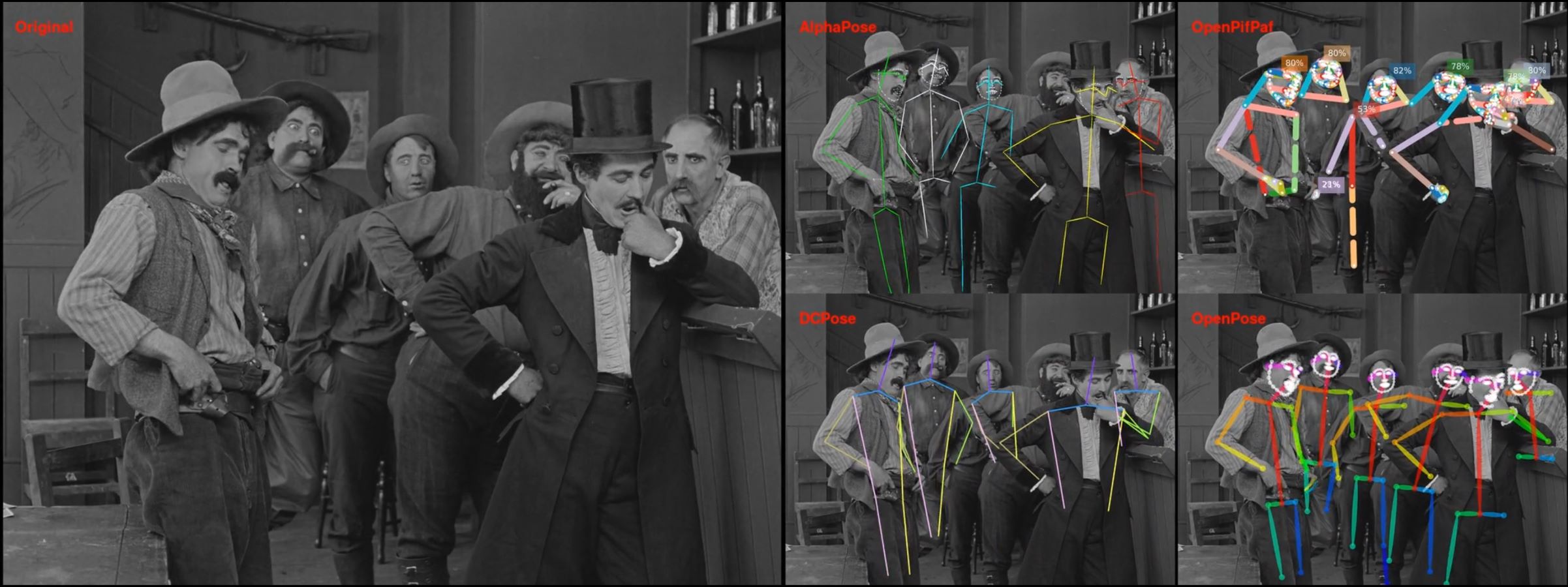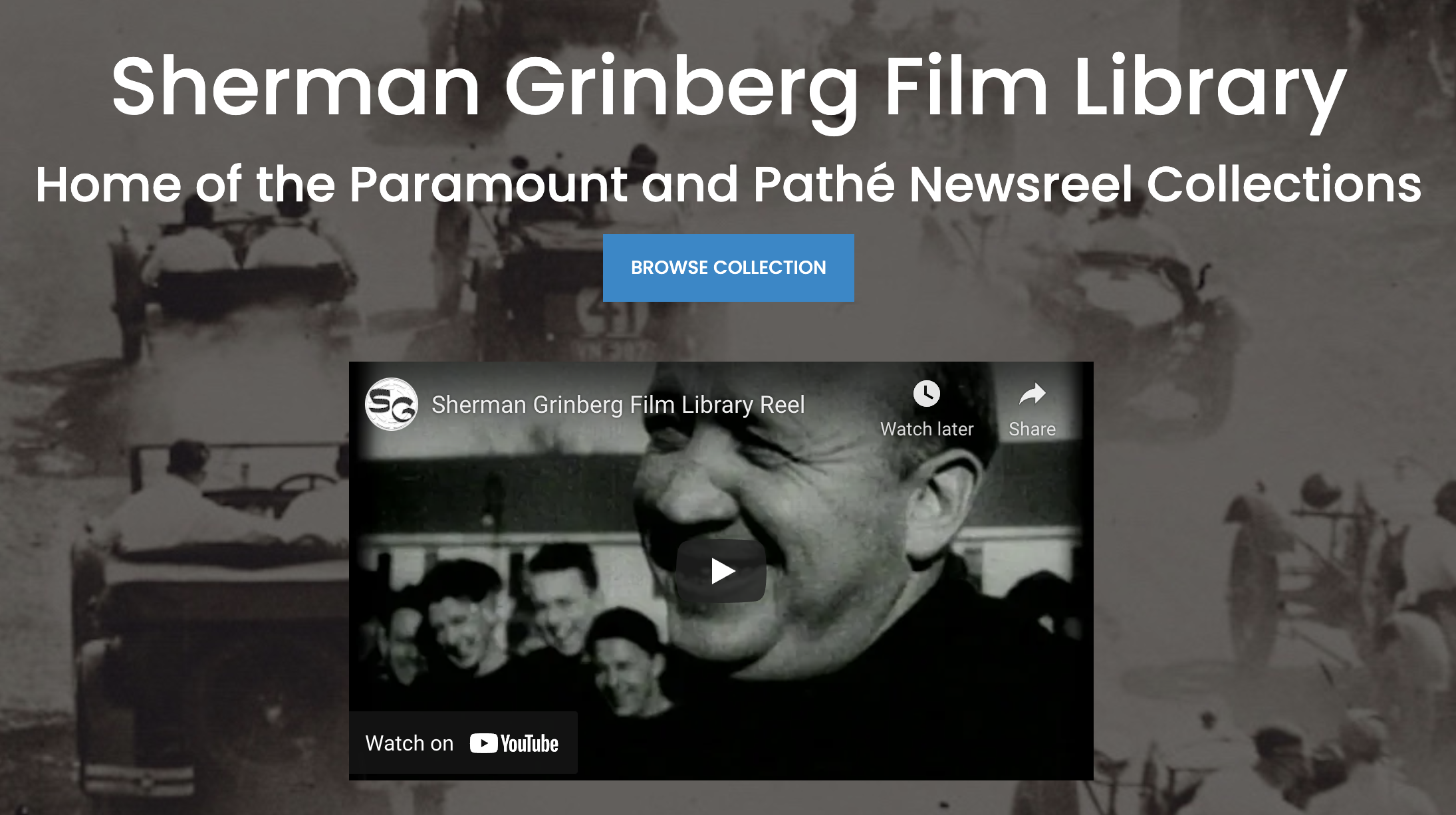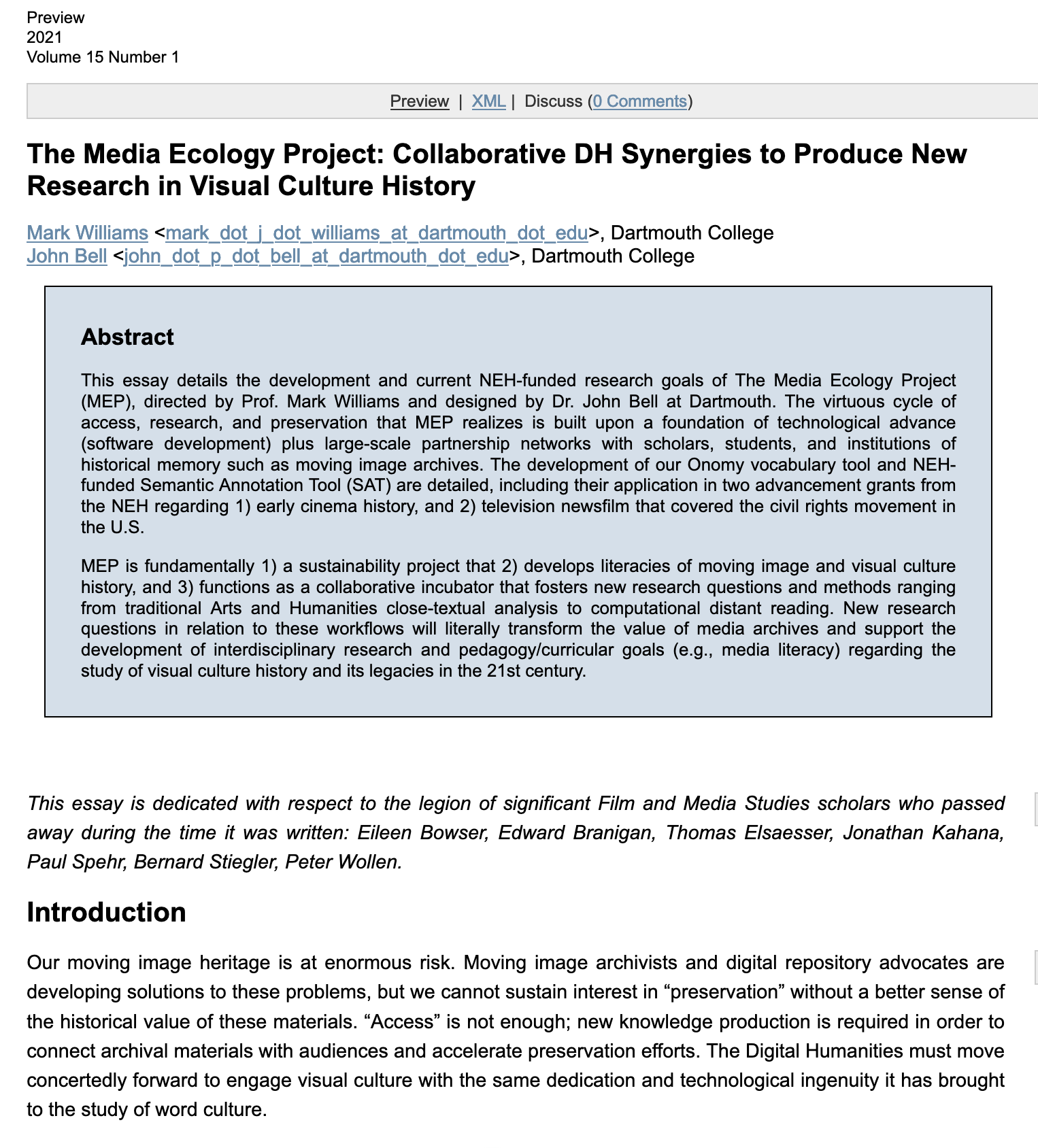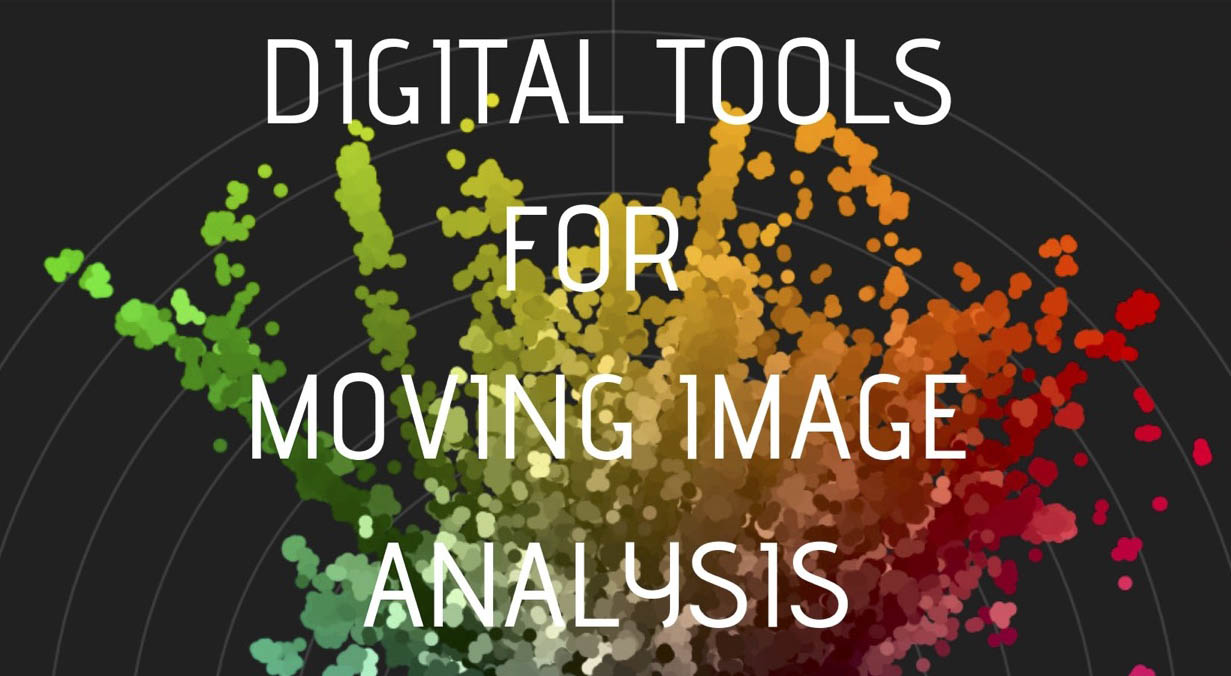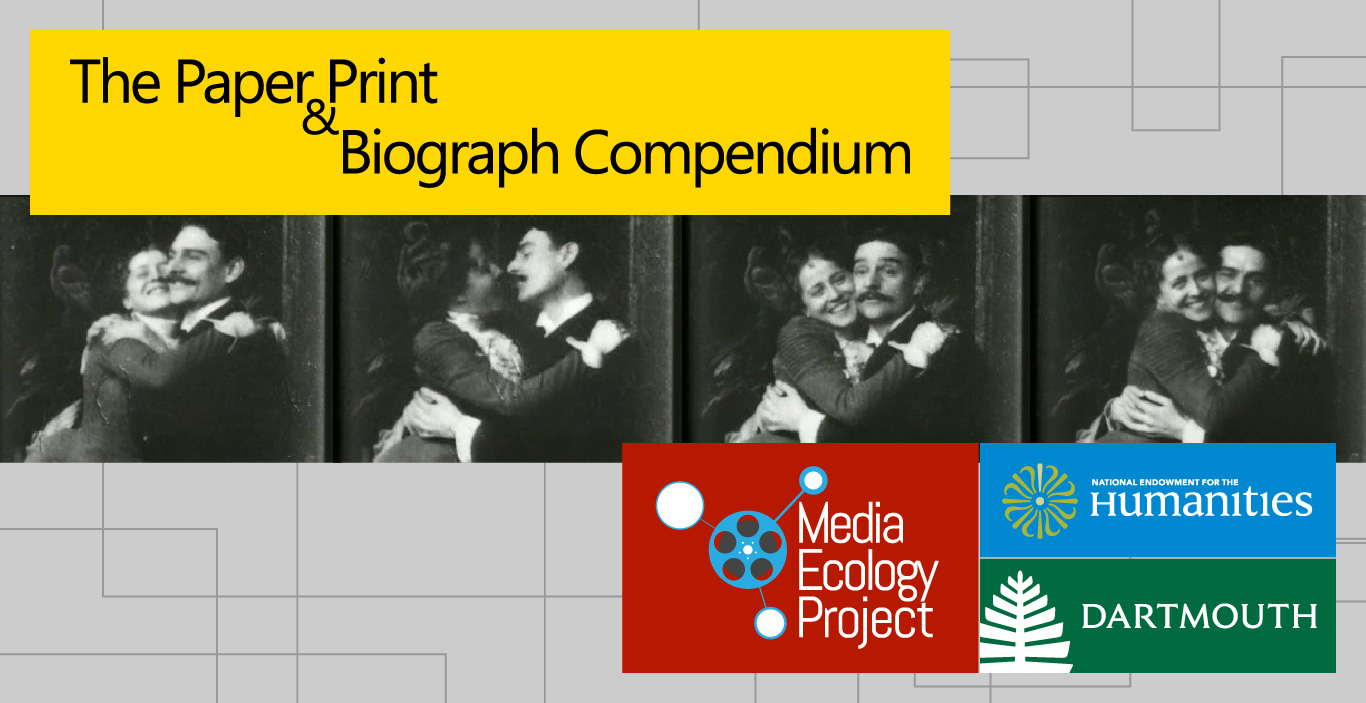Prof. Williams delivers the inaugural annual Ebert Lecture at The Roger Ebert Center for Film Studies at The University of Illinois Urbana-Champaign
Prof. Williams was invited to give the inaugural annual Ebert Lecture at The University of Illinois at Urbana-Champaign in October, 2022. Thanks to Julie Turnock, director of the new Roger Ebert Center for Film Studies at U of I. Excellent company on the program included Chaz Ebert and Martin Scorsese!
“Re-Enchanting Our Relation to Film and Media History: A Brief Survey of The Media Ecology Project”
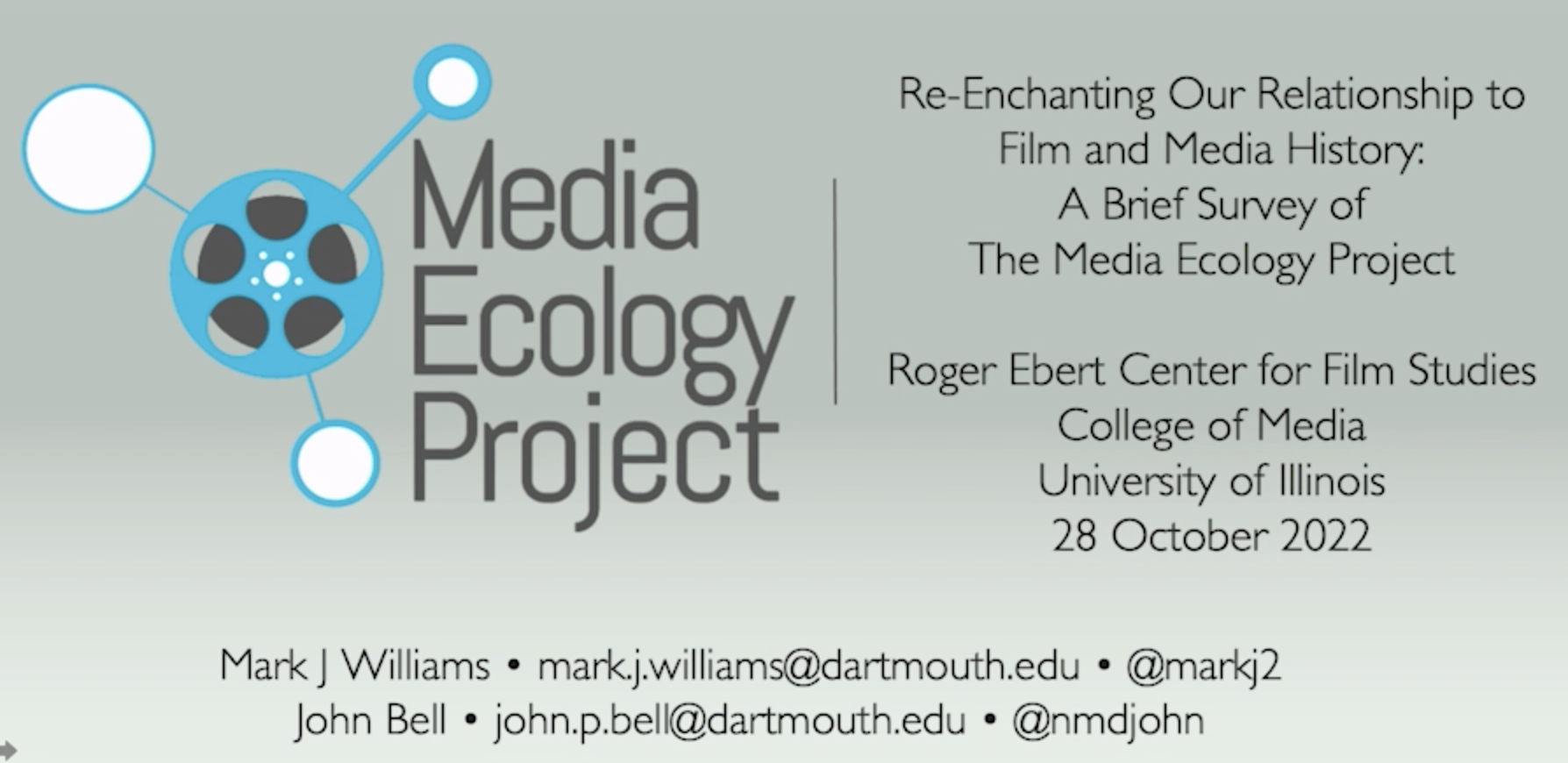
The lecture underscores the critical need for a renewed commitment to studying history within the presentist attention economy. It references the foundational Digital Humanities projects and events at Dartmouth that Prof.Williams has pioneered (directing the Cyber-Disciplinarity Humanities Institute, representing Dartmouth in the international Project Bamboo DH initiative, launching the Journal of e-Media Studies with the Dartmouth Library, co-editing the innovative Interfaces book series, etc.). His outreach to the Association of Moving Image Archivists helped to securely envision MEP and extend the Dartmouth scholarship and publication profile into new realms of primary research fueled by DH capacities for collaboration: a virtuous cycle of online archival access, networked scholarly interventions, and dedicated preservation goals regarding historical media that had been previously foreclosed and endangered. The 2013 Media Ecology Project Symposium at Dartmouth launched MEP, which has continuously developed sophisticated new tools and research questions directed to film and media history, and has garnered nearly $1 million in grants to date.
Extremely grateful to The National Endowment for the Humanities (NEH), which has funded several key MEP developments:
– Building the Semantic Annotation Tool (SAT), which affords the creation of curated time-based annotations that enhance search-and-discovery within and across media texts and collections, thereby adding value back to participating archives. The pedagogical advantages include a renewed capacity for close-textual analysis that can inform/teach machine learning algorithms and also raise critical awareness about processes of deep learning distant reading.
– The creation of an online Early Cinema Compendium that will introduce multiple rare searchable digital resources about early U.S. cinema plus new scholarly essays by over a dozen esteemed scholars that engage the compendium materials. To be published this spring.
– The creation of an online Accessible Civil Rights Heritage collection that collates a searchable list of over 8,000 instances of archival civil rights newsfilm and programming drawn from major U.S. archives but especially a range of local and regional archives, plus a dozen new scholarly essays by esteemed scholars that engage the collection materials. To be published this spring.
– A new collaborative scholarly project to realize international studies of the moving image legacies of The U.S. Information Agency (USIA), which produced or distributed over 20,000 films/programs during the Cold War. Since few if any of these texts were allowed to be screened in the U.S. at that time, this project represents an intervention regarding a largely fugitive archive and an opportunity for international scholars to teach the U.S. about its own historical cultural products. For an introduction to USIA studies, see the special issue of the Journal of e-Media Studies edited by Hadi Gharabaghi and Bret Vukoder.
Oct 28, 2022
Knight Auditorium, Spurlock Museum
University of Illinois Urbana-Champaign
Thanks to the Lauren Spencer for help preparing the time-based annotations that provide a useful Table of Contents, and the Center for Innovation in Teaching and Learning at U Illinois UC for the fine production of this video recording.

